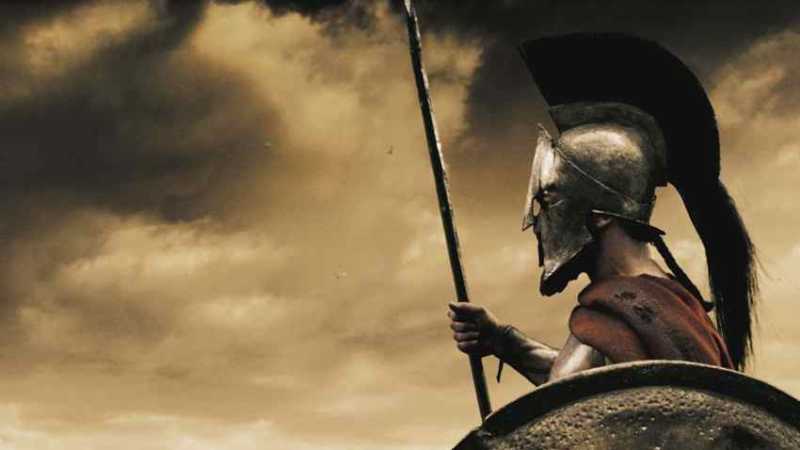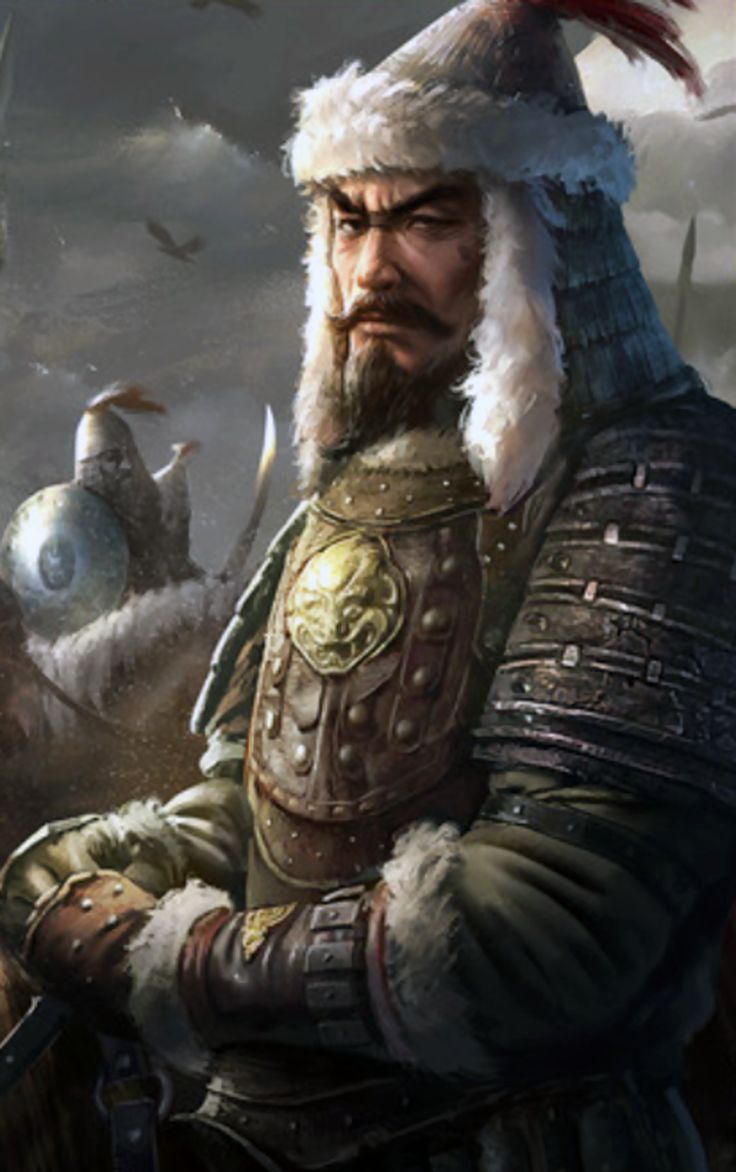What is Feudalism?
Table of Contents
Feudalism is a way of controlling huge land areas where each land is divided into fiefs under a lord who is under a king, who is really the strongest lord. Thus, it can be viewed as a delegated way of governance.
Forms of feudalism were practiced in Persia, India, and Turkey. The opposite of feudalism is the republican city-states of Greece and Rome.

Feudalism’s key characteristic is that the land stays with the nobility’s family forever and is not subdivided. Most people are therefore renters of the nobility’s land, which means they have to pay something. This something can either be money, crops, or their lives through servitude, at a much higher cost that today’s propety taxes.
This gave the nobility total control of what happens in the land. This can only happen after a chieftain or warlord conquers a state or some populated lands which is called the allodial (independent) system. Such a system usually takes root in:
- large countries like Russia, which kept its feudal system even in the 19th century
- disorderly countries, like Europe in the Dark Ages, and the Warring States of China

Small countries like Greece and Rome were republics instead of being feudal kingdoms. In fact, Rome started as a city with a single king under Romulus and technically was not feudal. It then evolved into a republic and then an empire after Caesar. Imperial Rome did not become feudal because land and slaves were given to Roman citizens as a reward for military service. It would be similar to a feudal lord giving his own lands away to his peasant-militia every time they successfully invaded a rival kingdom.
Similarly, Athens started as a city under despotism, but switched quickly to democracy.
How Did Feudalism Evolve to Become Democratic Governments?
In time, the feudal lords get tired of fighting each other. The strongest lords became kings whom the lesser lords submitted to. The lords allowed the king to have a centralized government to dictate policies for the sake of getting relief from the stress of fighting.
Eventually, the king himself got tired of doing policymaking and micro-managing the feudal lords. He allowed the lords to form a parliament to debate the policies among themselves. They later evolved to become representatives who then checked the power of the King.
The common system in pre-modern times was the allodial system, where people settled anywhere and set their own territorial rules. For protection and justice, they would look to a village elder who was their chieftain. From there, they could choose to become:
- a democracy where people voted on everything, as in ancient Athens
- a republic which had senate to vote on everything, as in ancient Rome
- an empire or monarchy, which had an emperor or king to decide everything, as in China
- feudalism, where mini-kings decided everything, as in Dark Ages Europe where no king is strong enough to be emperor
- mercantile colony, where a single business corporation decided everything, as in India under the East India Company
- theocracy, where everything is under clerics, as in Islamic caliphates